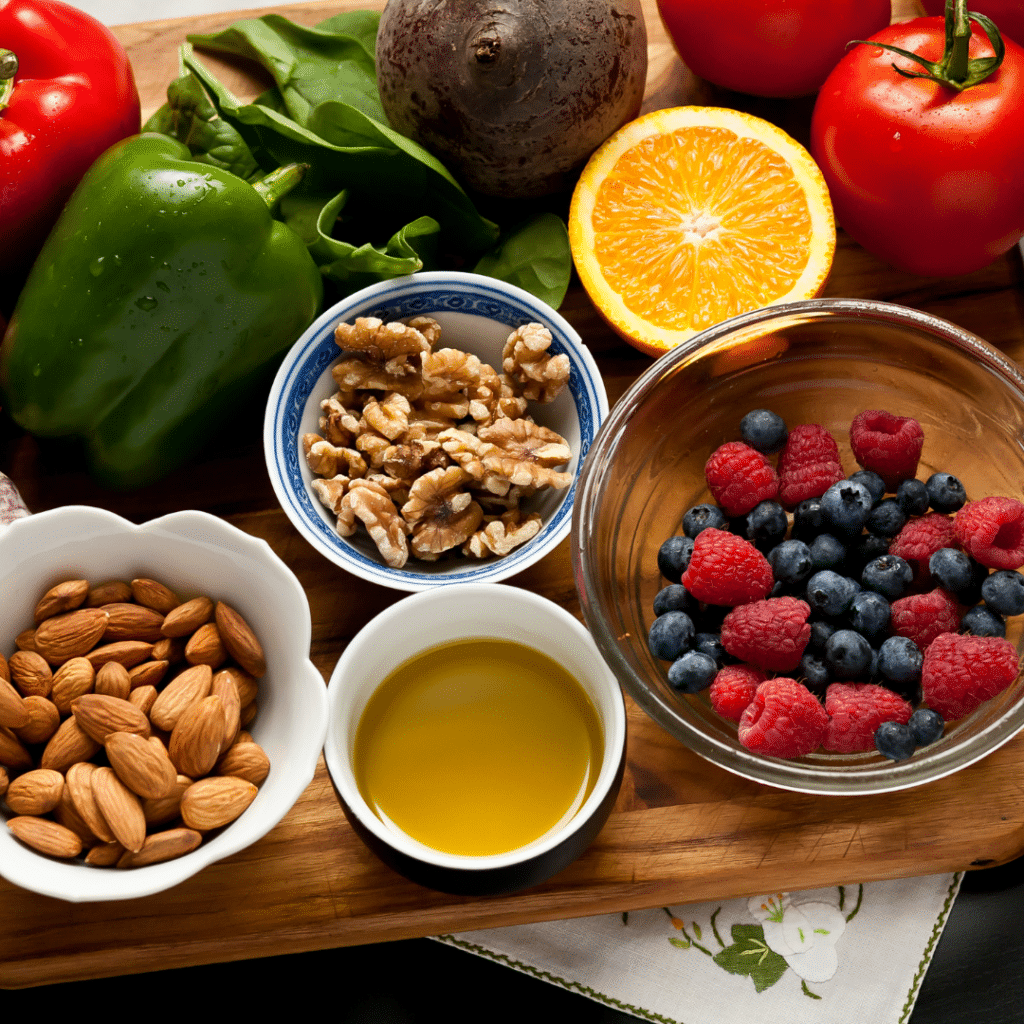
Inflammation is the body’s natural response to injury or infection, and it plays a crucial role in the healing process. However, when inflammation becomes chronic, it can lead to a wide range of health issues, including cardiovascular disease, diabetes, arthritis, and even cancer. The good news is that you can combat chronic inflammation through your diet by incorporating anti-inflammatory foods into your meals. In this article, we’ll explore the power of anti-inflammatory foods and provide you with the ultimate guide to a healthy diet.
What are Anti-Inflammatory Foods?
Anti-inflammatory foods are nutrient-dense foods that have been shown to reduce inflammation in the body. They are typically rich in antioxidants, which are compounds that neutralize harmful molecules called free radicals that can damage cells and contribute to inflammation. Anti-inflammatory foods also contain other beneficial nutrients, such as vitamins, minerals, and healthy fats, which can help to promote overall health and well-being. Some of the best anti-inflammatory foods are listed below.
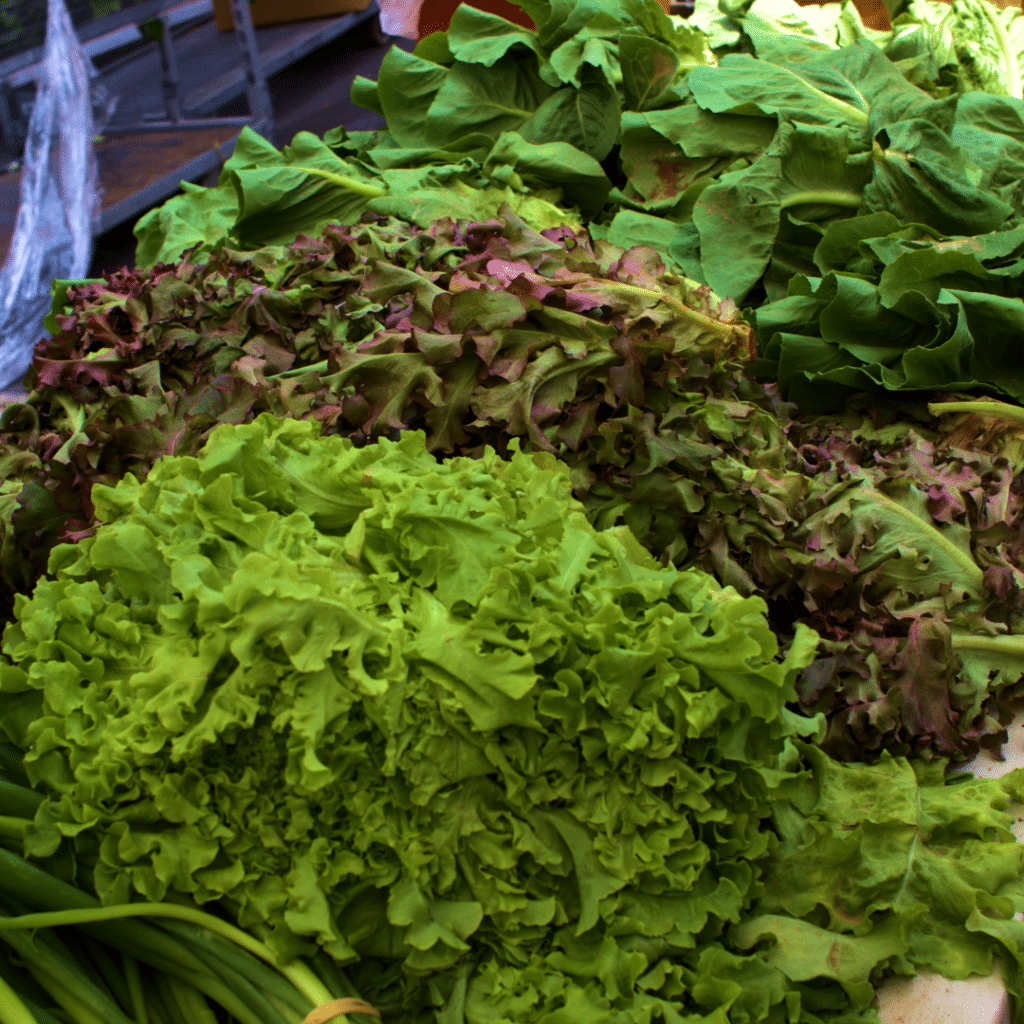
Leafy Greens
Leafy greens like spinach, kale, and Swiss chard are excellent sources of antioxidants, vitamins, and minerals. They are also high in fiber, which can help to reduce inflammation in the gut and support digestive health.
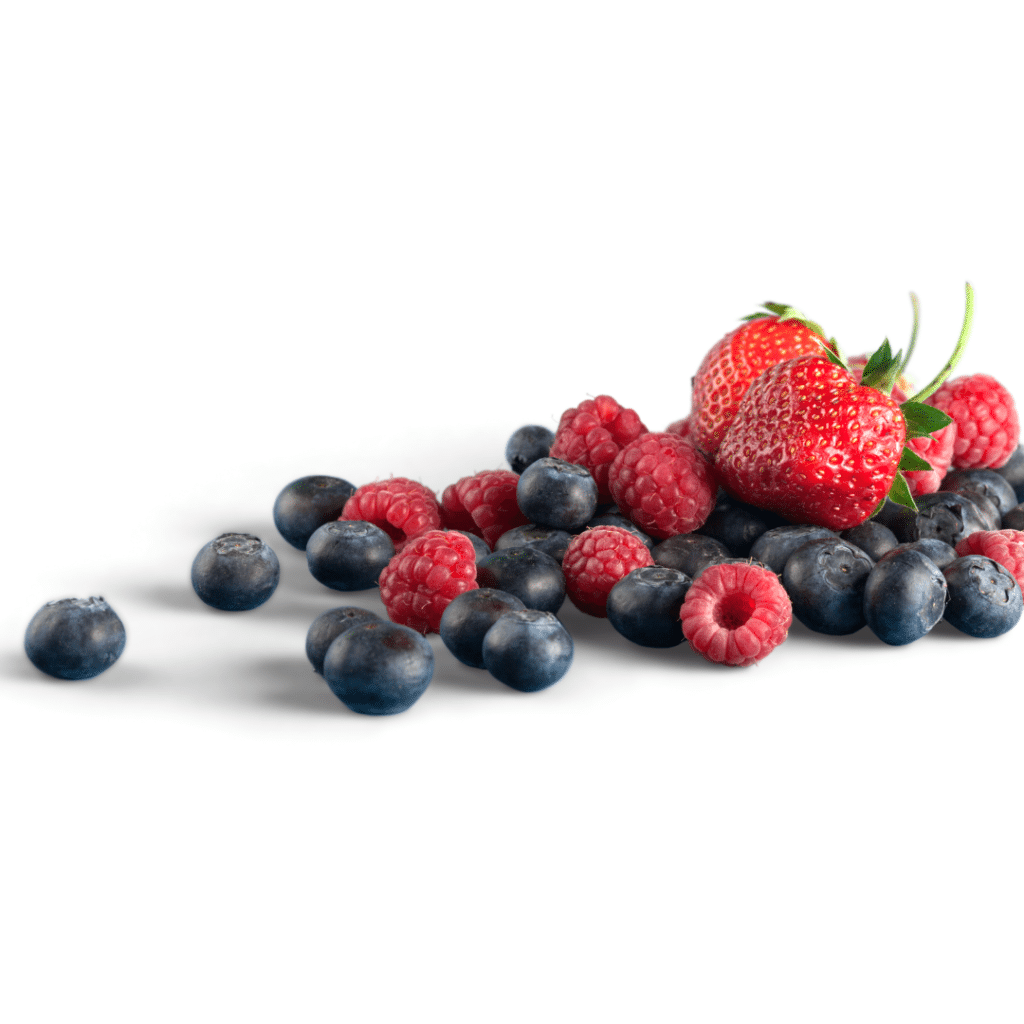
Berries
Berries such as blueberries, strawberries, and raspberries are packed with antioxidants, particularly anthocyanins, which have been shown to have anti-inflammatory properties. They are also low in sugar compared to other fruits, making them a healthy and delicious addition to your diet.
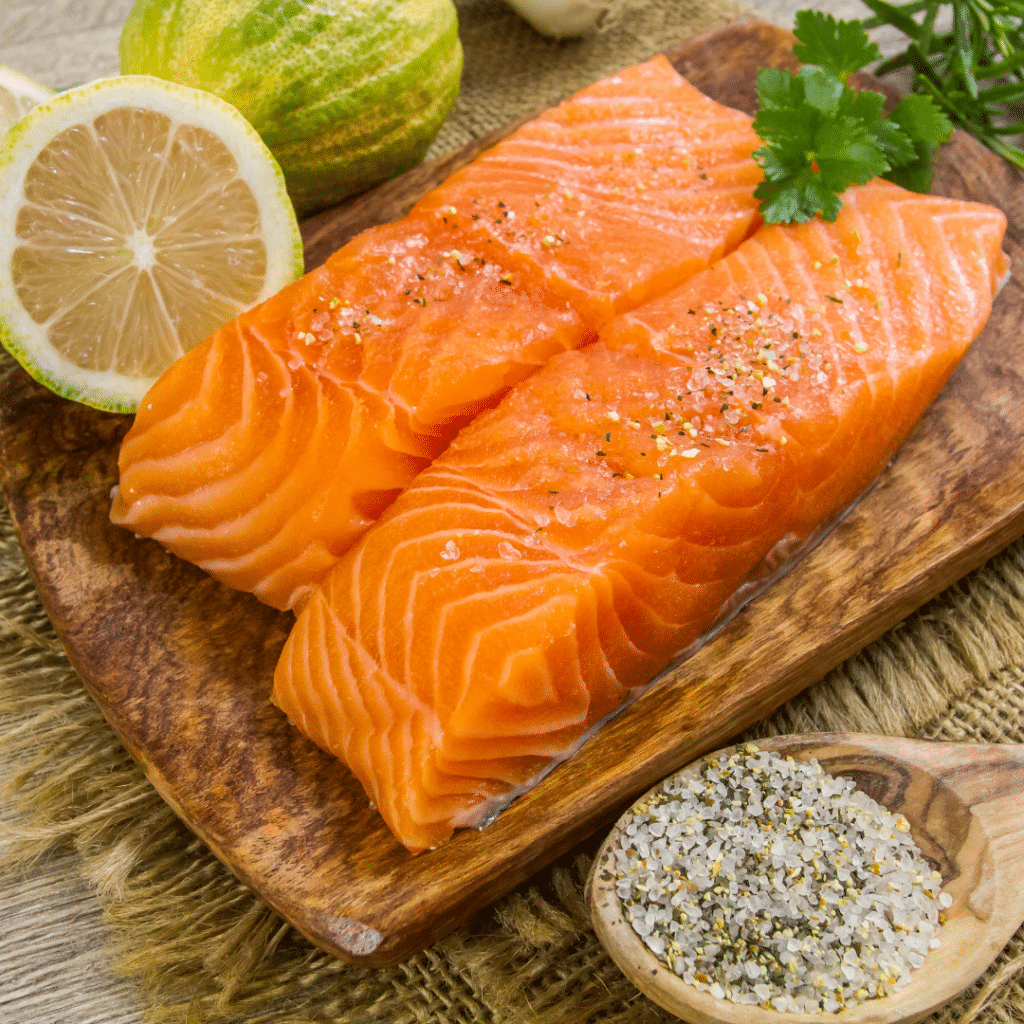
Fatty Fish
Fatty fish like salmon, mackerel, and sardines are rich in omega-3 fatty acids, which are powerful anti-inflammatory agents. Omega-3 fatty acids have been shown to reduce inflammation in the body and protect against chronic diseases, such as heart disease and rheumatoid arthritis.
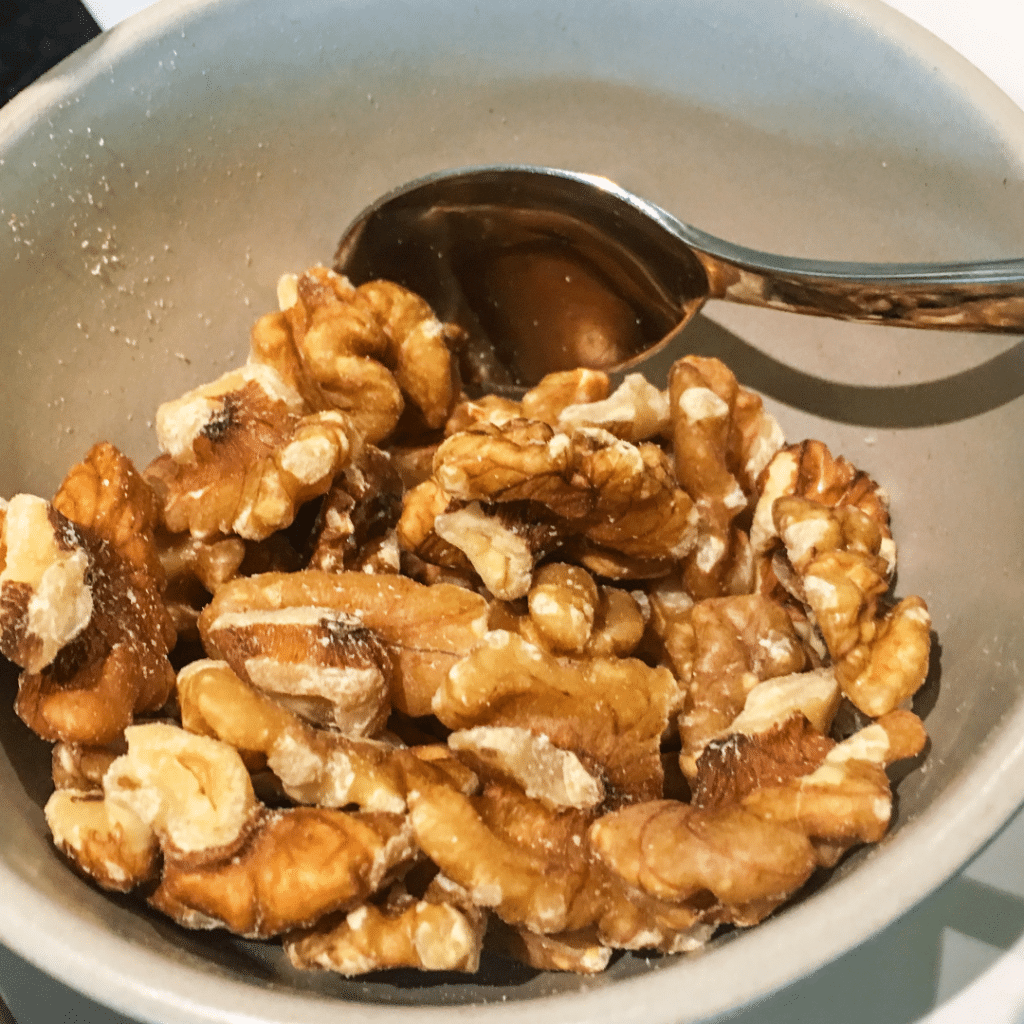
Nuts and Seeds
Nuts and seeds, such as almonds, walnuts, flaxseeds, and chia seeds, are excellent sources of healthy fats and antioxidants. They can help to lower inflammation in the body and promote heart health.
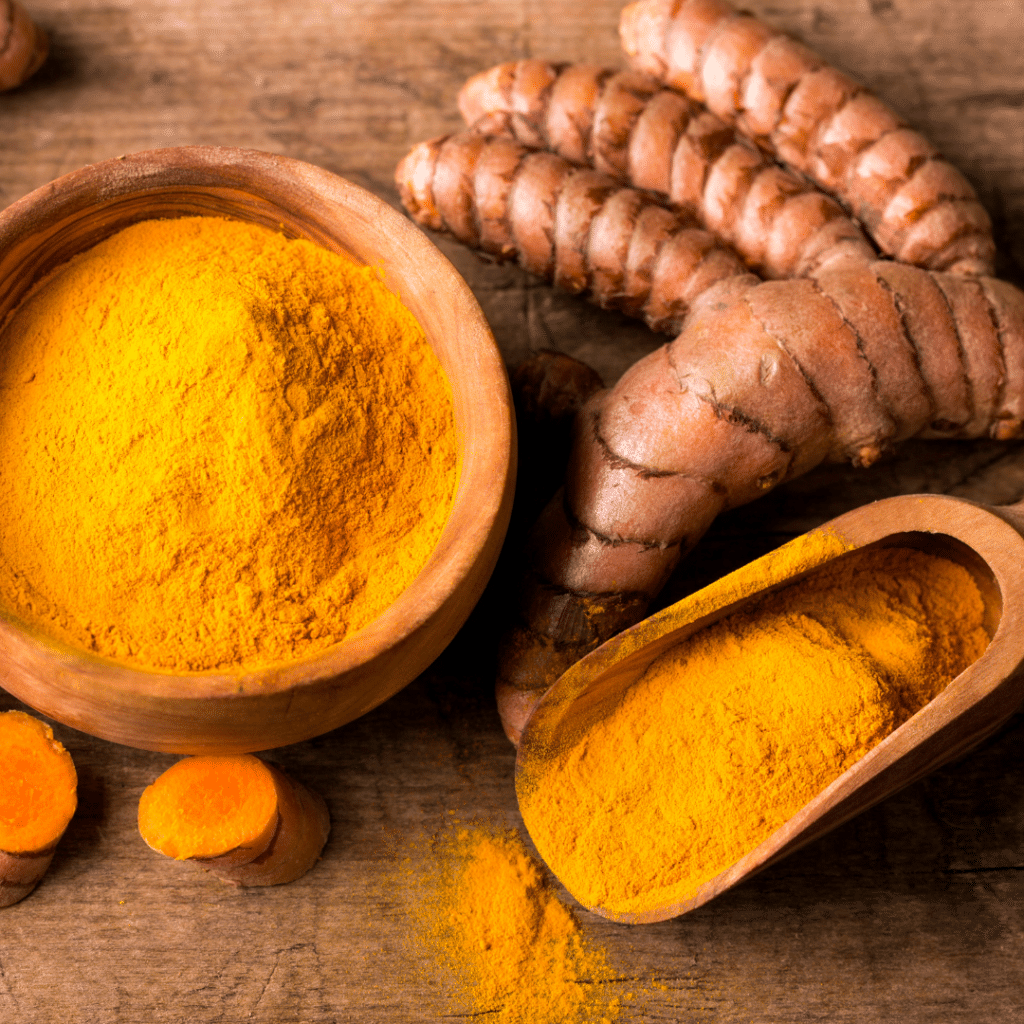
Turmeric
Turmeric is a spice that has been used for centuries for its medicinal properties. It contains a compound called curcumin, which has potent anti-inflammatory effects. Adding turmeric to your meals or drinking turmeric tea can be a flavorful way to incorporate this powerful anti-inflammatory food into your diet.
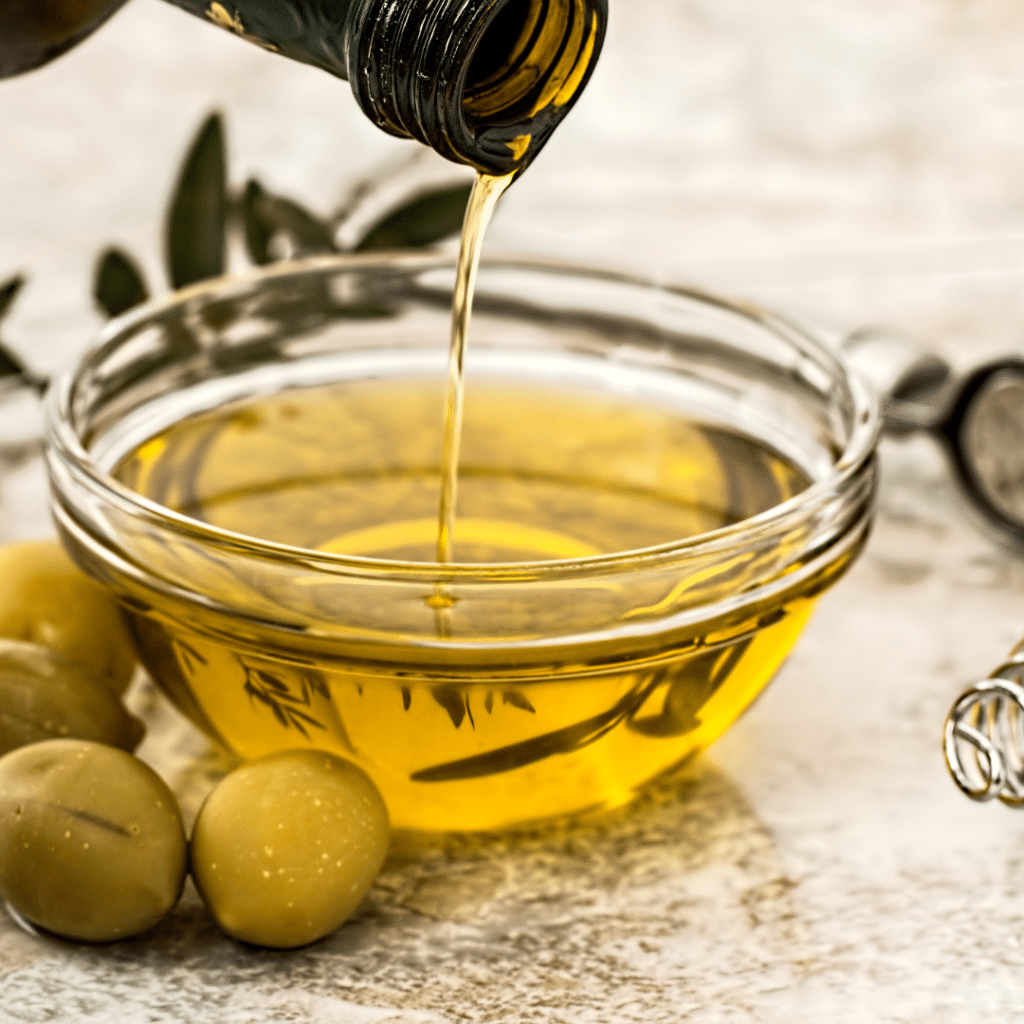
Olive Oil
Olive oil is a healthy fat that is rich in monounsaturated fats and antioxidants. It has been shown to have anti-inflammatory properties and can help to reduce the risk of chronic diseases like heart disease and cancer.
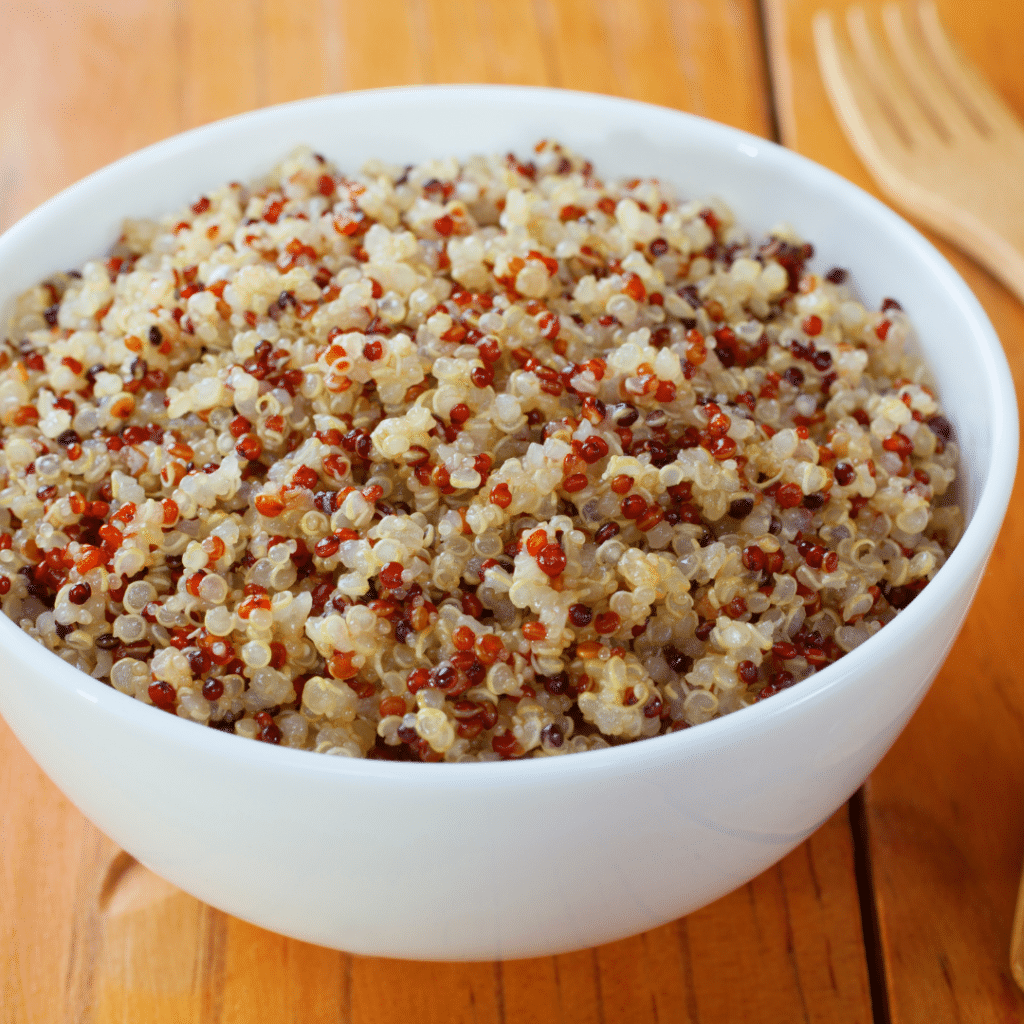
Whole Grains
Whole grains, such as brown rice, quinoa, and oats, are high in fiber and other nutrients that can help to reduce inflammation in the body. They are also a healthier option compared to refined grains, such as white rice and white bread, which can contribute to inflammation and other health issues.
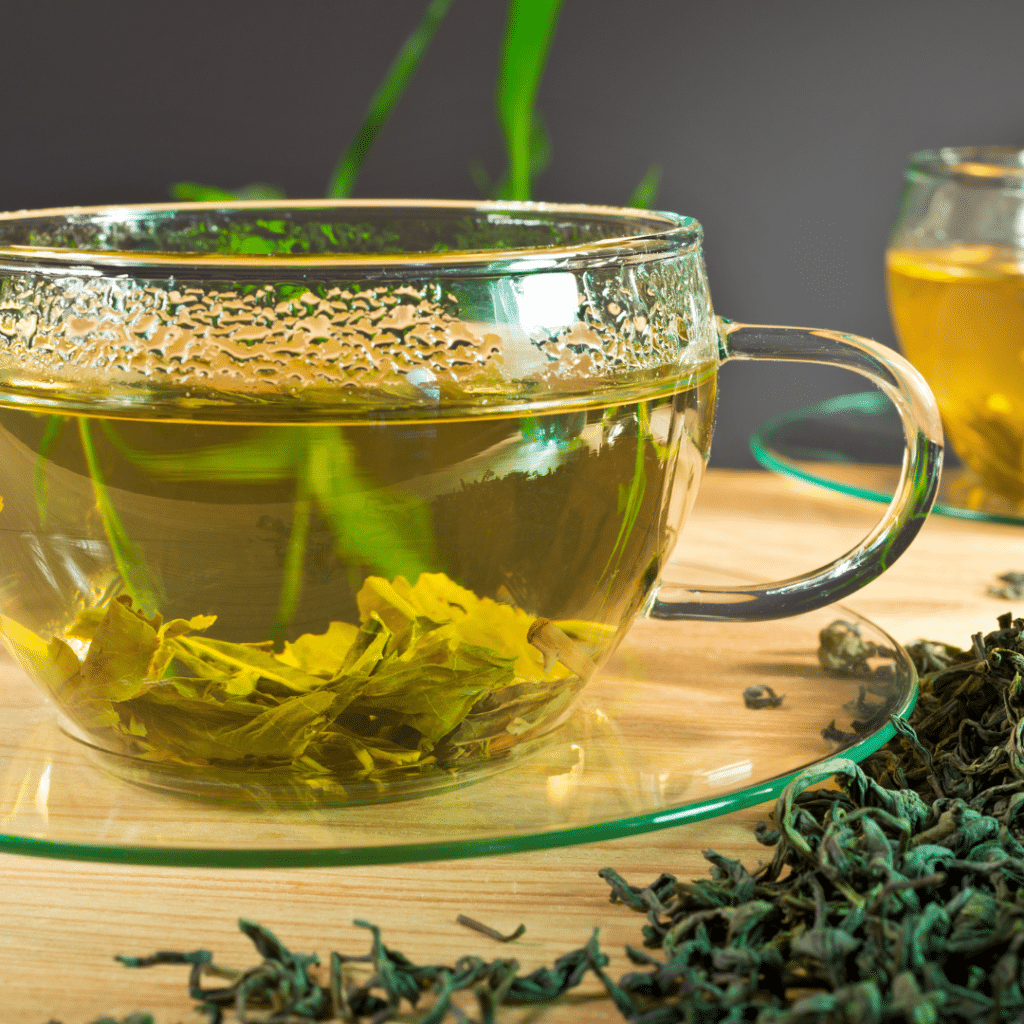
Green Tea
Green tea is loaded with antioxidants called catechins, which have anti-inflammatory properties. Drinking green tea regularly can be a healthy habit that promotes overall health and well-being.
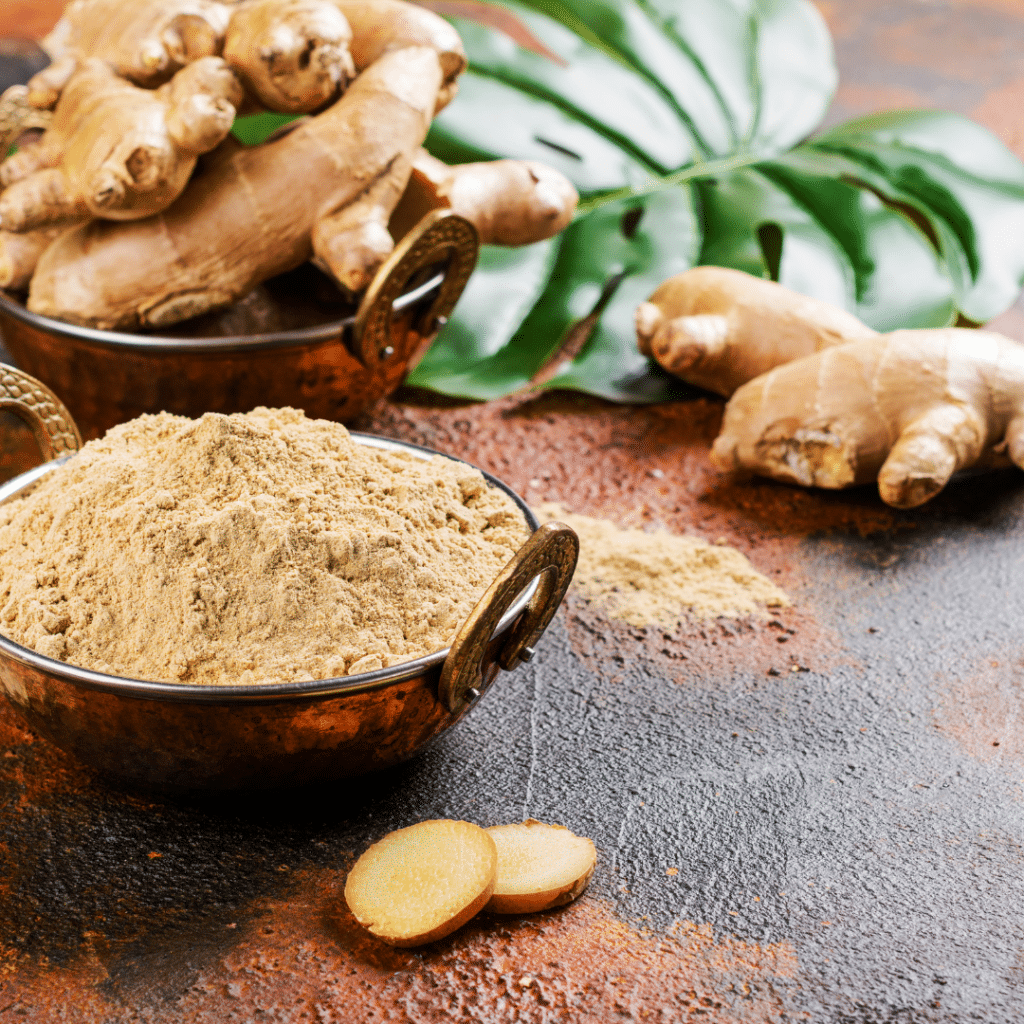
Ginger
Ginger is another spice that has been used for its medicinal properties for centuries. It contains a compound called gingerol, which has anti-inflammatory effects and can help to reduce inflammation in the body.
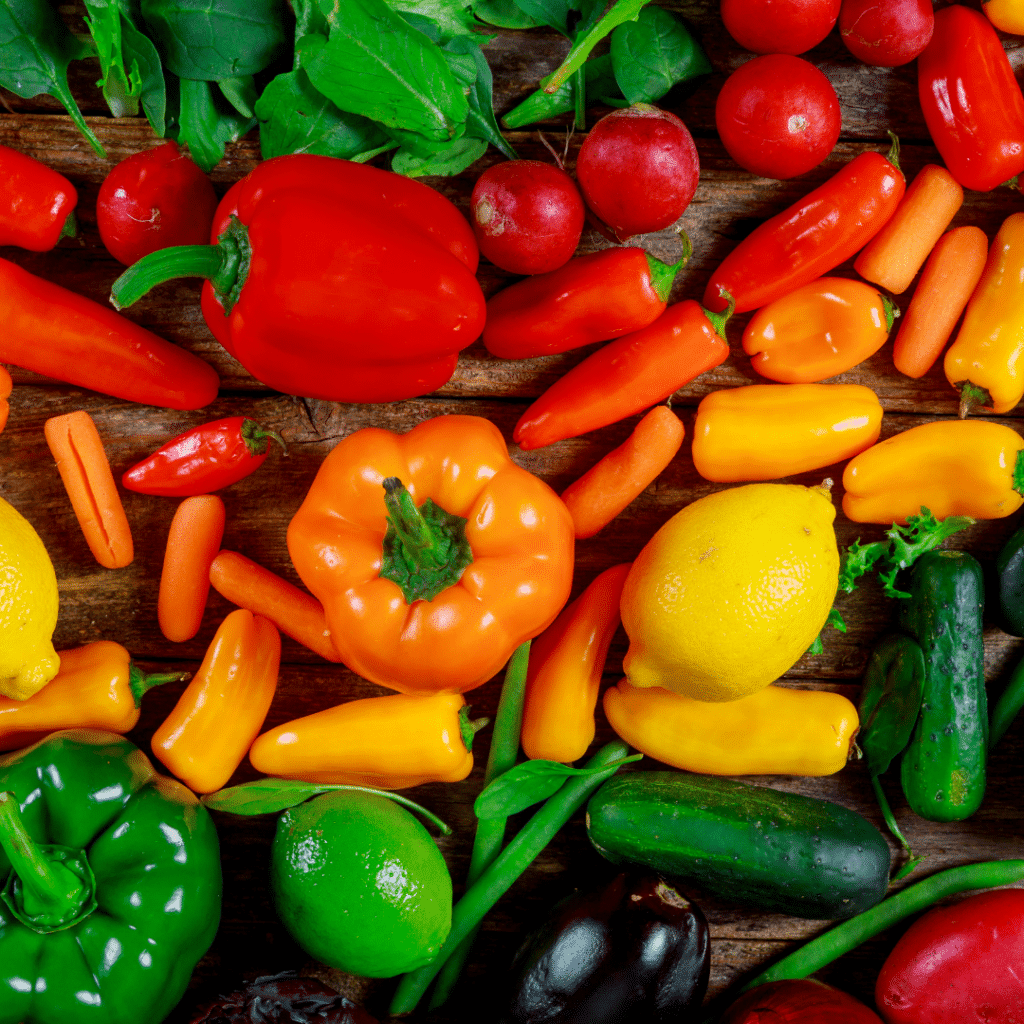
Colorful Vegetables
Vegetables like broccoli, bell peppers, carrots, and sweet potatoes are rich in antioxidants, vitamins, and minerals that can help to lower inflammation in the body. Including a variety of colorful vegetables in your diet can provide a wide range of nutrients that support overall health and well-being.

Incorporating Anti-Inflammatory Foods Into Your Diet
A healthy diet is the foundation of overall well-being, and incorporating anti-inflammatory foods into your meals can have a significant impact on your health. Anti-inflammatory foods are packed with nutrients that can reduce inflammation in the body, lower the risk of chronic diseases, and promote optimal health. If you’re looking to boost your health and harness the power of anti-inflammatory foods, here are some easy ways to incorporate them into your diet.
- Start with Leafy Greens: Leafy greens, such as spinach, kale, and Swiss chard, are versatile and can be easily incorporated into your diet. You can add them to your salads, sauté them with garlic and olive oil, or blend them into smoothies. Leafy greens are rich in antioxidants, fiber, and other beneficial nutrients that can help to lower inflammation and promote digestive health.
- Add Berries to Your Meals: Berries, such as blueberries, strawberries, and raspberries, are not only delicious but also packed with antioxidants that have anti-inflammatory properties. You can add them to your breakfast bowl, mix them into yogurt, or enjoy them as a healthy snack. Berries are low in sugar compared to other fruits and can be a tasty and nutritious addition to your diet.
- Incorporate Fatty Fish: Fatty fish, like salmon, mackerel, and sardines, are excellent sources of omega-3 fatty acids, which are known for their anti-inflammatory effects. You can grill or bake fish for a tasty main course, or add canned fish to salads, wraps, or sandwiches. Omega-3 fatty acids can help to reduce inflammation in the body and protect against chronic diseases.
- Snack on Nuts and Seeds: Nuts and seeds, such as almonds, walnuts, flaxseeds, and chia seeds, are easy to snack on and can be added to a variety of dishes. You can sprinkle them on top of salads, blend them into smoothies, or enjoy them as a standalone snack. Nuts and seeds are packed with healthy fats, fiber, and antioxidants that can help to lower inflammation and support heart health.
- Spice it Up: Spice it up with Anti-Inflammatory Herbs and Spices: Many herbs and
spices have potent anti-inflammatory properties. Include herbs like
turmeric, ginger, garlic, cinnamon, and basil in your cooking to add
flavor and potential health benefits. - Use Olive Oil for Cooking: Olive oil is a healthy fat that is rich in monounsaturated fats and antioxidants. It has been shown to have anti-inflammatory effects and can be used for cooking or as a dressing for salads. Replace unhealthy oils with olive oil in your cooking to reap its anti-inflammatory benefits.
- Opt for Whole Grains: Whole grains, such as brown rice, quinoa, and oats, are easy to incorporate into your diet as a healthy carbohydrate source. You can use them as a base for salads, stir-fries, or as a side dish. Whole grains are high in fiber and other nutrients that can help to lower inflammation and support digestive health.
- Sip on Green Tea: Green tea is a refreshing and healthy beverage that is loaded with antioxidants called catechins, which have anti-inflammatory properties. You can enjoy green tea hot or iced, and you can add lemon or honey for added flavor. Sipping on green tea regularly can be a simple habit to boost your health.

Incorporating anti-inflammatory foods into your diet can have numerous benefits for your body, including reducing inflammation, supporting heart health, enhancing digestive health, boosting immune function, supporting brain health, aiding in weight management, and promoting overall well-being. By making simple changes to your eating habits and including more of these nutrient-rich foods in your meals, you can take proactive steps towards optimizing your health and well-being. Always consult with a healthcare professional or a registered dietitian before making any significant changes to your diet, especially if you have any underlying health conditions.

Michael J. Brown, RPh, BCPS, BCPP
Mr. Brown is a Clinical Pharmacist specializing in pharmacotherapy and psychiatry.
Feel free to send Michael a message using this link.



